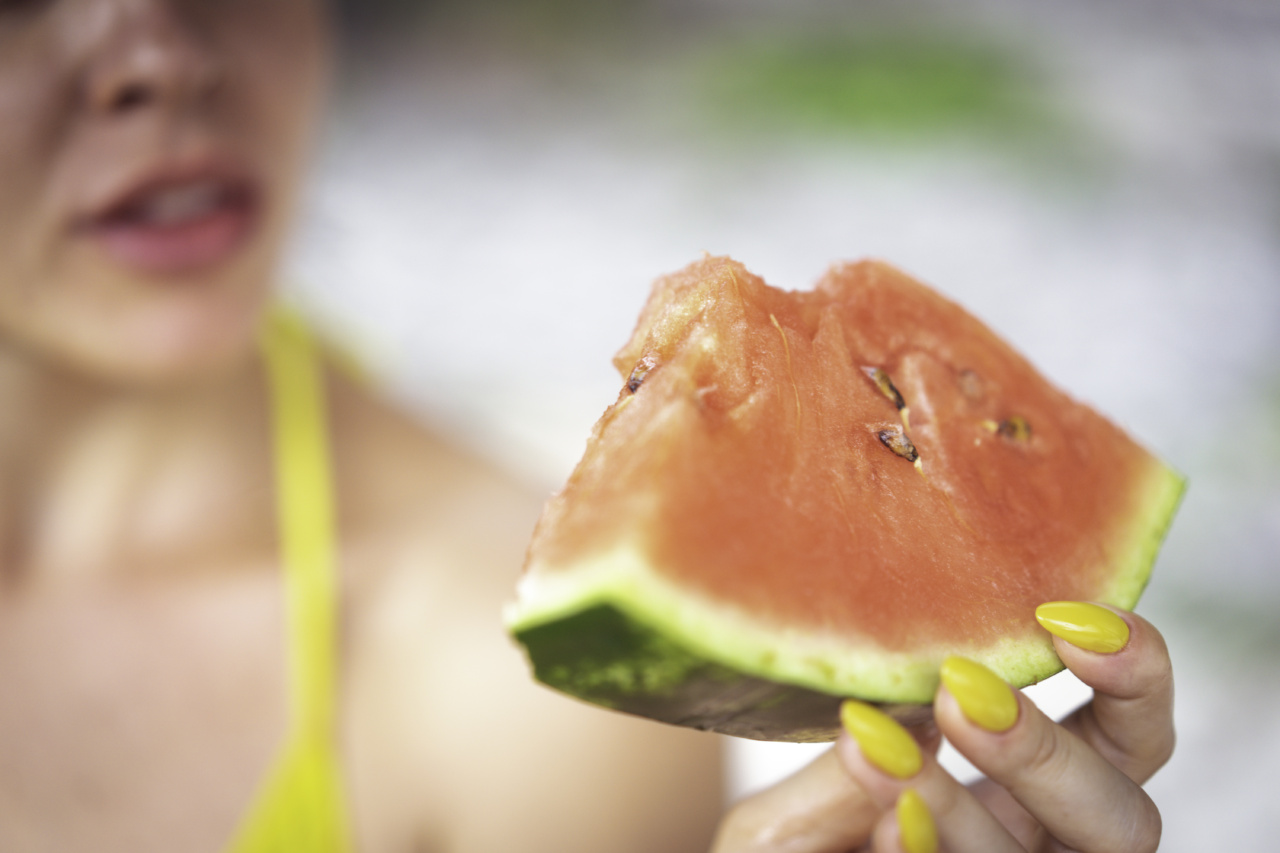Preeclampsia is a condition that affects around 5% of pregnant women worldwide. It is usually characterized by high blood pressure and protein in the urine and can cause serious complications for both the mother and baby if left untreated.
While the exact cause of preeclampsia is unknown, several risk factors have been identified, including obesity, high blood pressure, and a history of preeclampsia in previous pregnancies. However, recent studies have suggested that a mushroom-focused diet could help reduce the risk of developing preeclampsia.
What is preeclampsia?
Preeclampsia, also known as toxemia, is a condition that occurs during pregnancy and is characterized by high blood pressure and protein in the urine.
It usually develops after the 20th week of pregnancy and can cause serious complications for both the mother and baby if left untreated. Some of the common symptoms of preeclampsia include:.
- High blood pressure
- Protein in the urine
- Swelling of the hands and face
- Headache
- Blurred vision
What causes preeclampsia?
The exact cause of preeclampsia is unknown, but several risk factors have been identified. These include:.
- Obesity
- High blood pressure
- A history of preeclampsia in previous pregnancies
- Multiple pregnancies
- Family history of preeclampsia
How can a mushroom-focused diet reduce the risk of preeclampsia?
Mushrooms are a great source of vitamin D, which has been shown to have anti-inflammatory and immune-modulating effects.
This means that it can help reduce inflammation in the body and boost the immune system, which may help reduce the risk of preeclampsia. In addition, mushrooms are also a good source of potassium, which can help regulate blood pressure.
Several studies have found that women who consume mushrooms regularly have a lower risk of developing preeclampsia.
For example, a study published in the American Journal of Clinical Nutrition found that women who consumed more than five servings of mushrooms per week had a 90% lower risk of developing preeclampsia compared to those who consumed less than one serving per week.
What other foods can help reduce the risk of preeclampsia?
In addition to mushrooms, several other foods have been shown to help reduce the risk of preeclampsia. These include:.
- Omega-3 fatty acids: These can be found in fatty fish, such as salmon, sardines, and tuna, as well as in walnuts and flaxseeds.
- Calcium: This can be found in dairy products, such as milk, cheese, and yogurt, as well as in leafy green vegetables, such as kale and spinach.
- Garlic: This has been shown to have anti-inflammatory and anti-oxidative effects, which may help reduce the risk of preeclampsia. It can be consumed raw or cooked.
- Whole grains: These are high in fiber and can help regulate blood sugar levels, which may help reduce the risk of preeclampsia. Examples include whole wheat bread, brown rice, and quinoa.
What foods should be avoided during pregnancy to reduce the risk of preeclampsia?
While there are several foods that can help reduce the risk of preeclampsia, there are also several foods that should be avoided. These include:.
- Processed and fast foods: These are usually high in sodium, which can increase blood pressure.
- Caffeine: This can increase blood pressure and should be consumed in moderation.
- Alcohol: This can have negative effects on the developing baby and should be avoided during pregnancy.
- Raw or undercooked meats: These can contain harmful bacteria, such as listeria, which can be dangerous for pregnant women.
Conclusion
Preeclampsia is a serious condition that can have serious complications for both the mother and baby if left untreated.
While the exact cause of preeclampsia is unknown, several risk factors have been identified, including obesity, high blood pressure, and a history of preeclampsia in previous pregnancies. Recent studies have suggested that a mushroom-focused diet, along with other healthy foods, can help reduce the risk of developing preeclampsia.
By incorporating these foods into your diet and avoiding unhealthy foods, you can help ensure a healthy pregnancy for both you and your baby.





























